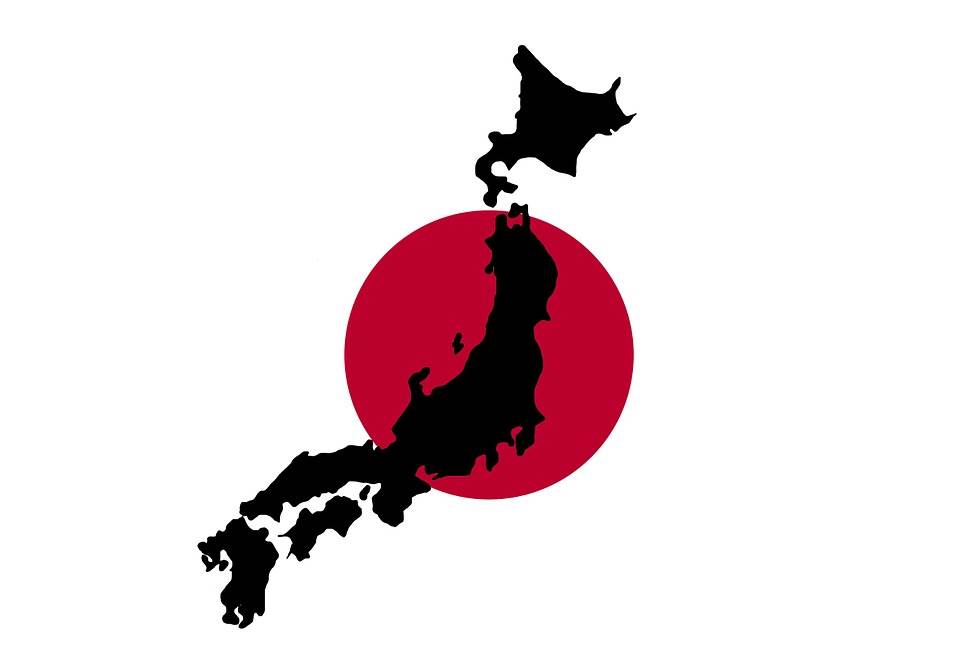The Japanese Prime Minister Shinzo Abe just announced a stimulus plan with the purpose of aiding the Japanese economy.
"We managed to compile a strong policy package," he told legislators and government officials.
The stimulus package, which is worth about US 119 billion and when including non-public sector spending is worth about US 230 billion, includes extra fiscal spending scheduled for this year and next year. The purpose is aiding the economy against downside risks, helping with crisis and emergencies as well as preparing the economy to face what comes after the 2020 Olympic games end.
"It's based on three pillars of ensuring disaster rebuilding and safety, providing intensive support to overcome downside economic risks and sustaining economic vitality after the Tokyo Olympics," he added.
Japanese economic growth fell sharply in the third quarter and the International Monetary Fund revised its 2019 economic growth forecast for the country, diminishing it from 0.9 percent to 0.8 percent for this year, and foreseeing a 0.5 percent growth for 2020.
This situation calls for further monetary easing as well, however, it's not clear whether the bank of Japan will aid the government with its stimulus plan. Nevertheless, there was a recent positive sign, this time from a Bank of Japan Board Member.
Yutaka Harada, that's his name, seems to support Abe's move and even expressed his lack of concern regarding the Japanese Debt Levels.
“While some argue that, given a large amount of government debt, even a small increase in interest rates could cause serious problems, it is important to think about the impact in terms of net debt,” he said.
When talking about the Bank's current monetary policy, Harada attributed low-interest rates to deflationary policies adopted in the past and suggested that the only way out of that situation is continuing with the current accommodative stance.
“Current low interest rates are partly attributable to the deflationary monetary policies pursued in the past,” he said, “The only way out is to maintain the current accommodative monetary policy in order to achieve sustained expansion of economic activity until we see increases in prices and interest rates,” he added.
This is somewhat coherent with the already stated Bank's preference to save its stimulus measures for an eventual dire economic situation.
When making reference to Japanese Banks' low profitability, he attributed it to structural problems and highlighted that due to this raising the interest rates may be ineffective.
“Raising interest rates would not solve the problem,” he said, adding that it would lead to the appreciation of the yen, declining exports, and dwindling investment, consumption and employment levels.
By 9:31 GMT the US dollar went up against the Japanese Yen by 0.07 percent, at 108.93. Conversely, the Euro gained 0.21 percent against the Yen, reaching the 120.81 level, while the Canadian Dollar climbed 0.22 percent against it, at 86.82.
